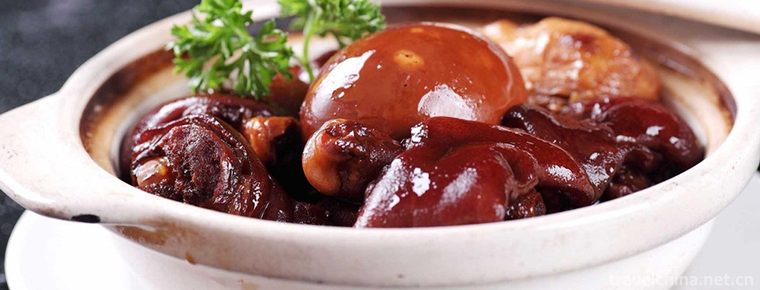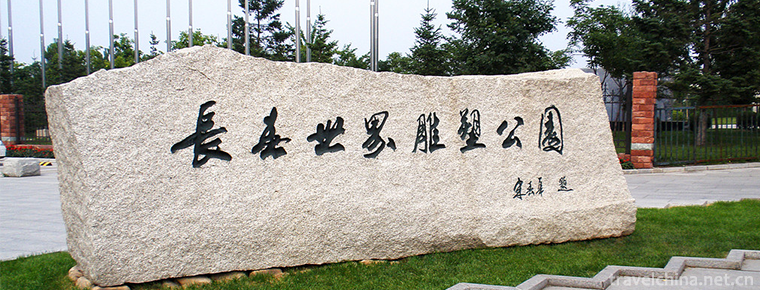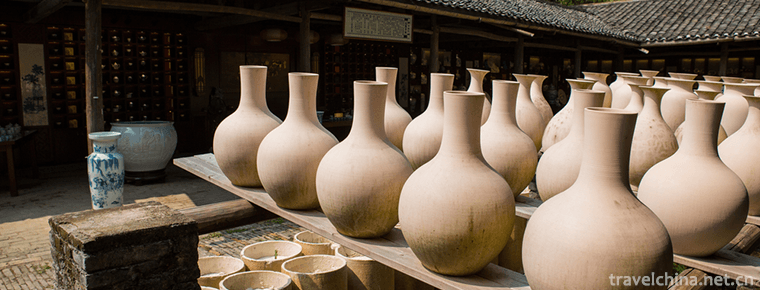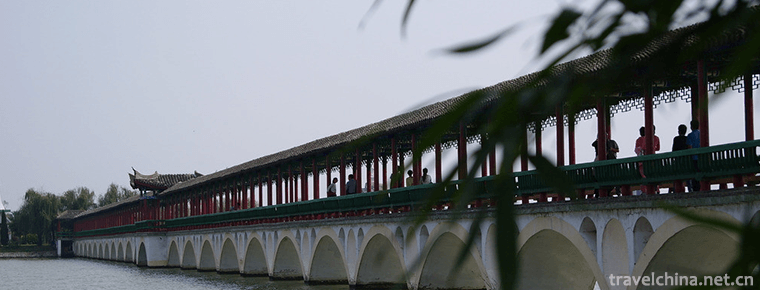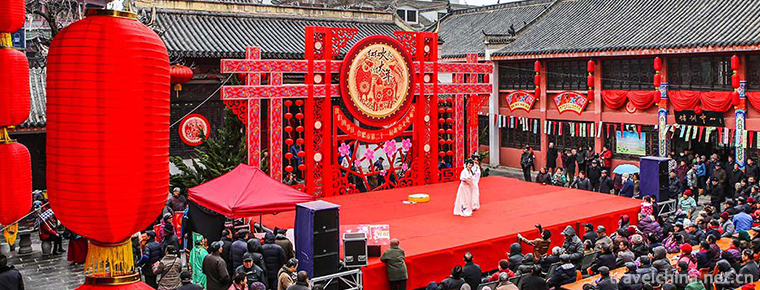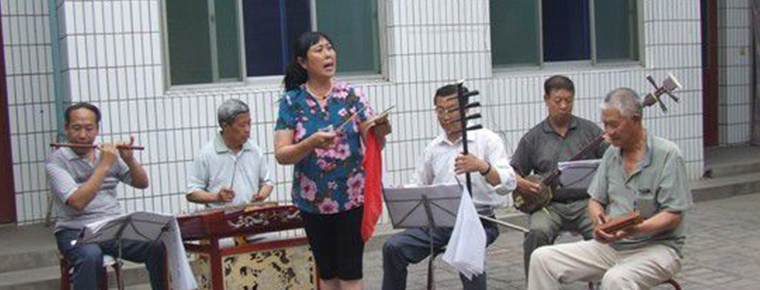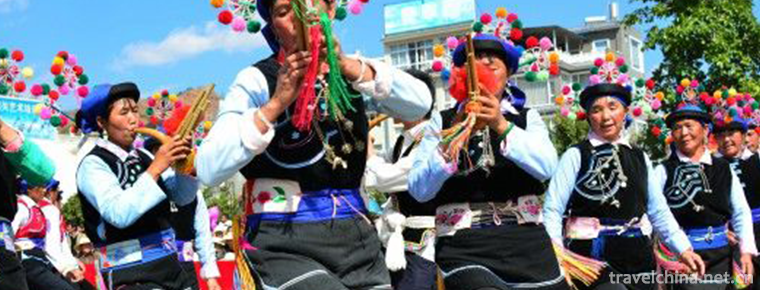Traditional Cuisine Skills of Shanghai Bengang Cuisine
Traditional Cuisine Skills of Shanghai Bengang Cuisine
Benbang cuisine is a nickname for Shanghai cuisine and an important school of Han traditional catering culture in Jiangnan area. The so-called Ben Gang is local. It is characterized by thick red sauce, moderate saltiness, original taste, mellow and delicious taste. The commonly used cooking methods are roasting, simmering and sugar. Later, in order to adapt to the Shanghai people's preference for light and refreshing taste, the dishes gradually change from heavy red sauce to light and elegant and refreshing. This dish is good at using bad food in cooking method, and has unique Jiangnan flavor. The traditional culinary skills of Shanghai Bengang cuisine are a kind of traditional skills which were approved by the State Council in 2014 and listed in the fourth batch of national intangible cultural heritage list.
brief introduction
Benbang cuisine is a nickname for Shanghai cuisine and an important school of Han traditional catering culture in Jiangnan area. The so-called Ben Gang is local. It is characterized by thick red sauce, moderate saltiness, original taste, mellow and delicious taste. The commonly used cooking methods are roasting, simmering and sugar. Later, in order to adapt to the Shanghai people's preference for light and refreshing taste, the dishes gradually change from heavy red sauce to light and elegant and refreshing. This dish is good at using bad food in cooking method, and has unique Jiangnan flavor.
2 Main dishes
Cold dish
Fragrant dried Malantou
let him go
Old vinegar jellyfish
Sliced Boiled Pork with Garlic Sauce
Brine mushroom
Hot Dishes
Eight Delicacies in Hot Sauce
Ingredients: shrimps, white fruits, green beans, winter bamboo shoots, mushrooms, dried bean curd, chicken gills, chicken breast
The top three and the bottom five are mainly eight kinds of materials, commonly known as "cap head". The taste of shrimp, green beans and white fruit is taken as the first layer of flavor enhancement, while the bottom material is chicken gills, chicken breast, dried mushrooms, winter bamboo shoots. The lower layer tastes slightly spicy with its own sauce flavor, which is matched up and down. This is one of the most difficult dishes that chefs consider.
Bengang eel paste
Ingredients: eel
Monopterus albus slips into eel silk after being scalded in Sichuan, then adds our special sauce, stir-fries with garlic, onion, ginger and soup. The special sauce will bring out the fresh and sweet taste of Monopterus albus, and you can feel the unique taste and sweet taste of Monopterus albus.
Celery, Lily and White Fruit
Ingredients: celery, lily, white fruit
Bamboo net-based shrimp
Ingredients: shrimp and onion
It's totally different to wrap the shrimps up and down with scallions and fry them. Integrate the aroma of onion into the shrimp, then pour the soup. The function of bamboo nets is to wrap shrimps and onions.
Red-roasted Yuanfu
Food ingredients: hoofs and skulls
This is a transformed version of Shanghai's braised pork, just made of hoofs and skulls. The taste is basically the same, and the cooking time is much longer, because the inside of the hoofs should be cooked and boiled.
Babaoquan duck
Ingredients: duck, mushroom, ham, white nuts, pine nuts, etc.
First, the duck is salted and tasted, then eight kinds of things are put in the stomach, which is matched with glutinous rice. Then wrap it in lotus leaf and tin paper and steam for five or six hours. Babao duck has the feeling of salty Babao rice.
Babao duck is the most time-consuming of all dishes. When making it, the duck should first be salted for 1 to 2 days, and then steamed for 5 or 6 hours. It must be steamed to crispy.
Steamed Turbot
Food Material: Doublefish, Ham, Onion
There are more than one year in New Year's Day. Fish is definitely needed.
soup
Rich Seafood Soup
Ingredients: Noodles, shrimps, scallops, sea cucumbers, mushrooms
There is a kind of vegetable in Yunnan called Facai, which is named "Facai".
3 Style Characteristics
Shanghai Benbang cuisine is trying to change on the basis of keeping its "salty and fresh bottom". It will spare no effort to make "salty and fresh" articles bigger, which is called "compound taste". The requirement of "compound taste" is embodied in three aspects in operation practice.
First, the "compound taste" of this dish mostly pays attention to the "original taste", that is, the condiments and ingredients are cooked at the same time to control protein decomposition by changing the temperature, while allowing the condiments and the main ingredients to produce a unified taste in the pot, so as to get a more "tasty" effect, which is called "self-derived taste" in cooking. Corresponding to "source flavor" is "external flavor", which is a kind of artificial flavor added to the main ingredient, which will make people feel that the main ingredient and seasoning "do not match", which is also taboo.
Secondly, most of the cooking techniques of this dish are complex techniques. When the dishes are not standardized, the classic dishes are often fried and cooked indiscriminately, such as "fried circle" is "fried circle" and "fried meat" is "fried meat" and so on, so later generations of this dish have the so-called "fried without separation, fried without separation". In this group of dishes are good at "red stew" techniques, but also often have "tap sauce", "oil" and other complex details of the technology. These complex techniques are to make the salty and delicious taste more delicate and complex, so as to better achieve the purpose of tasting.
Thirdly, our dishes often have an auxiliary flavor type called "corrective flavor". It is not the main flavor of a dish, but it often adds a layer of beautiful taste lace to the already full taste level.
In a word, the salty and delicious dishes are the main part of the dishes, and the salty and delicious classic dishes must embody the two meanings of "salty and fresh bottom, compound taste".
4 Represents the Heritage
Li Borong is a state-level culinary technician, a Chinese culinary master, a representative inheritor of Shanghai's intangible cultural heritage, and a third generation inheritor of Shanghai Bengang's skills.
Li Borong is the most important link between the past and the latter. He not only inherited the whole set of traditional techniques of the dishes, but also, more importantly, with the continuous development of the times and the changing characteristics of Shanghai's population, Li Borong has made a reasonable change in the traditional flavor and techniques of the dishes, making them lasting and refreshing.
Ren Defeng, a senior national culinary technician and Chinese culinary master, is currently the general manager of Shanghai Old Hotel.
Ren Defeng is one of the representatives of the fourth generation of Chinese cuisine inheritance. He is currently Deputy Director of Shanghai Cuisine Professional Committee. His contribution to this dish is to summarize and sort out a set of corresponding operational norms and management processes according to the technical characteristics of this dish.
5 Inheritance and Protection
The traditional cooking skills of Shanghai Benbang cuisine are mainly handed down through oral instruction between teachers and apprentices. The so-called Shanghai taste is authentic, behind it is the essence of a set of cooking experience summed up by the master of cuisine in his long term cooking practice. After a long period of market elimination, this unique flavor has become a collective memory of Shanghai people.
Shanghai Old Hotel is the base of the traditional cooking skills of Shanghai Benbang cuisine. The inheritance of past masters of Benbang cuisine is gathered here today. Old Shanghai Hotel has held such activities as "Promoting the Development Forum of Shanghai Cuisine", "Ten Famous Chefs'Artistic Activities of Shanghai Cuisine", "Shanghai Traditional Cuisine Festival", "Shanghai Bengang Cuisine Master Banquet". At present, the old hotel in Shanghai has incorporated the inheritance system of traditional skills into the standardized management process.
The dishes of this group have distinct regional cultural characteristics. These distinctive flavor dishes provide an exquisite cultural card for Shanghai to build its city image. As the spokesperson of Shanghai's city culture, this dish provides powerful support for the continuous development of Shanghai.
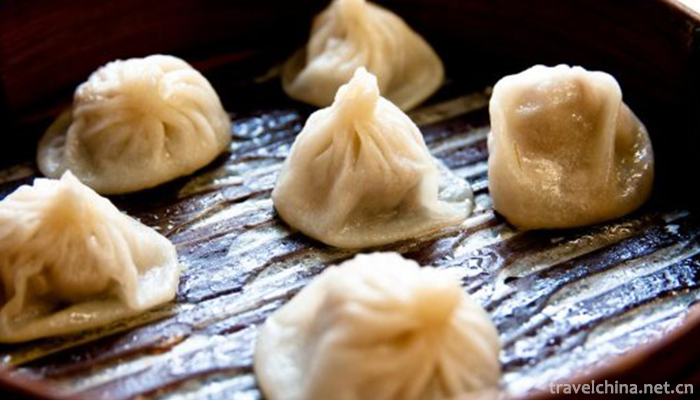
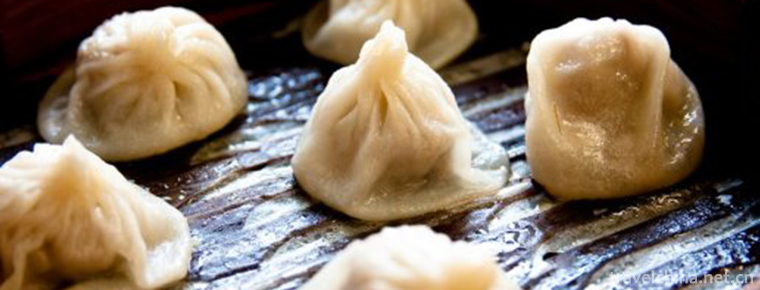
Traditional Cuisine Skills of Shanghai Bengang Cuisine
-
Jiang Cudan Canton style pig leg
Except for those with internal fever, dry stool and weak spleen and stomach function, breast enlargement products can be used as a warm-up tonic in winter.
Views: 247 Time 2018-11-02 -
Changchun World Sculpture Park
Changchun World Sculpture Park is located in the south of Renmin Street in Changchun City. It covers 92 hectares, including 11.8 hectares of water.
Views: 245 Time 2018-12-05 -
Expo Area of Acient Kiln & Folk Cultures in Jingde
Jingdezhen Ancient Kiln Folklore Expo Area, located in Fengshu Mountain and Panlonggang, Changjiang District, Jingdezhen City, Jiangxi Province
Views: 536 Time 2018-12-08 -
Bali River Scenic Area
Bali River Scenic Spot is a national AAAAA-level tourist attraction with "Global 500 Top" environmental protection. It is located in Yingshang County
Views: 280 Time 2018-12-08 -
Manting Park
Manyin Park is located in the southeast of Jinghong City, the capital of Xishuangbanna Dai Autonomous Prefecture. It is about 2 kilometers away from the urban area.
Views: 196 Time 2019-02-07 -
Lion Tower Tourist Area
Lion Tower Tourist City is located at the head of the cross street of Yanggu County Town. It was built in Jingyou of the Northern Song Dynasty for three years.
Views: 112 Time 2019-02-08 -
temple fair
Temple fair, also known as "temple market" or "festival venue". It is a Chinese folk religion and the custom of the age. It is usually held on the Lunar New Year, the Lantern Festi
Views: 239 Time 2019-06-05 -
Quwoqin Books
Quwo Qinshu is a kind of local traditional folk art form which was formed and mainly popular in Quwo County in the south of Shanxi Province and its adjacent areas of Shanxi, Shanxi and Henan provinces
Views: 333 Time 2019-06-11 -
The Yi Nationality Plays Songs
The dance of the Yi nationality is colorful and varied. It is typical of the simple collective dance "Da Song" (also known as "Ta Song") with the entertainment of the masses. In Mi
Views: 134 Time 2019-07-12 -
Guangyuan secondary industry
In 2018, the total industrial added value of Guangyuan was 30.018 billion yuan, an increase of 9.4% over the previous year. The contribution rate of industry to economic growth is 44.3%, which drives economic growth by 3.7 percentage points.
Views: 352 Time 2020-12-15 -
Suining medical and health
By the end of 2019, there are 3725 medical and health institutions in Suining, including 76 hospitals (63 private hospitals) and 3622 primary medical and health institutions; there are 21400 beds in medical and health institutions and 18200 health technicians
Views: 394 Time 2020-12-16 -
Meishan secondary industry
By the end of 2019, there were 596 Industrial Enterprises above Designated Size, and the added value of industries above designated size increased by 9.8%. In the whole year, 82 kinds of products from industries above Designated Size participated in the statistics,
Views: 331 Time 2020-12-18
